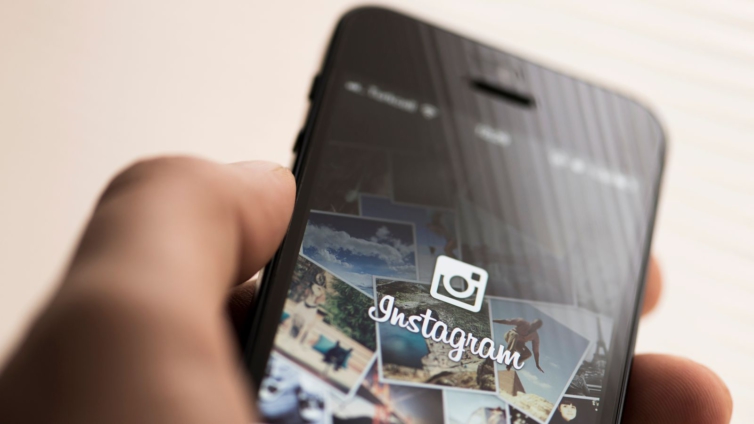NHS England has urged Instagram to stop users selling a "dangerous" unlicensed weight-gain drug.
Apetamin is being sold and promoted on Instagram and other sites as a way to achieve an hour-glass figure in the mould of celebrities like Kim Kardashian.
However, senior health leaders say the appetite stimulant could cause "serious harm".
One of the drug's ingredients is a prescription-only antihistamine linked to side effects such as dizziness, tremors, nausea, blurred visions and liver toxicity.
"We are writing regarding the unlicensed and dangerous drug Apetamin, which is promoted on your platform and could result in serious harm to any individual who takes it," says the letter to Instagram chief Adam Mosseri.
"This substance is consumed as a supplement, to foster a specific body image and shape, deemed to be desirable by some high-profile influencers, and predominately targeted at younger women and girls."
The letter is signed by NHS England medical director Professor Stephen Powis, national mental health director Claire Murdoch, and Kitty Wallace of the Body Dysmorphic Disorder Foundation.
They say they are concerned about the drug's "physical and mental health impacts" and urge Instagram "to demonstrate a duty of care... and clamp down now on this dangerous content".
Apetamin is unauthorised in the UK and should not be sold, supplied or advertised, the letter adds.
The drug's unlawful availability was highlighted in a BBC Three documentary last month and Instagram said it had removed the accounts highlighted.
It stressed that buying and selling non-medical or prescription drugs was "strictly against our policies".
However, the letter claims "dozens of profiles" selling Apetamin are still online and that when it flagged them up, a customer service message claimed they did not break the rules.
The NHS chiefs ask for an "urgent update" on what Instagram is doing to shut down accounts or content that promote the drug.
They also seek assurances that any "shortcomings" in its community guidelines that allow such content to appear will be tightened.
A spokesman from the Body Dysmorphic Disorder Foundation said they were becoming overwhelmed by people seeking help for body dysmorphic disorder (BDD).
"Although social media is not the cause of BDD, it has a huge role to play in exacerbating the symptoms," the spokesman said.
Latest Stories
-
Mahama reiterates commitment to permanent peace in Bawku
7 minutes -
‘Nothing off the table’ in Canada’s response to US tariff threat
2 hours -
New suspected Marburg outbreak in Tanzania kills eight – WHO
2 hours -
Kenyan minister alleges intelligence agency behind his son’s abduction
2 hours -
No more miners trapped underground in South Africa, volunteers say
2 hours -
US issues fresh round of sanctions against Russia ahead of Trump return to White House
3 hours -
Death toll from South African mine siege rises to 78, rescued now at 166
3 hours -
Biden takes aim at ‘tech industrial complex’ in farewell speech
3 hours -
Biden says Gaza deal based on his framework while Trump claims credit
3 hours -
Ex-convict, 22, jailed in Tarkwa for threatening to stab student
5 hours -
The would-be African nation in love with Donald Trump
5 hours -
‘We’re not investigating, we’re validating’ – Domelevo clarifies ORAL Committee’s role
6 hours -
JoyNews poll: Akufo-Addo, his government’s ‘killer’ taxes and nepotism blamed for NPP’s 2024 defeat
6 hours -
Malian PM arrives in Accra with special message for Mahama
6 hours -
What happens if TikTok is banned in US?
6 hours

